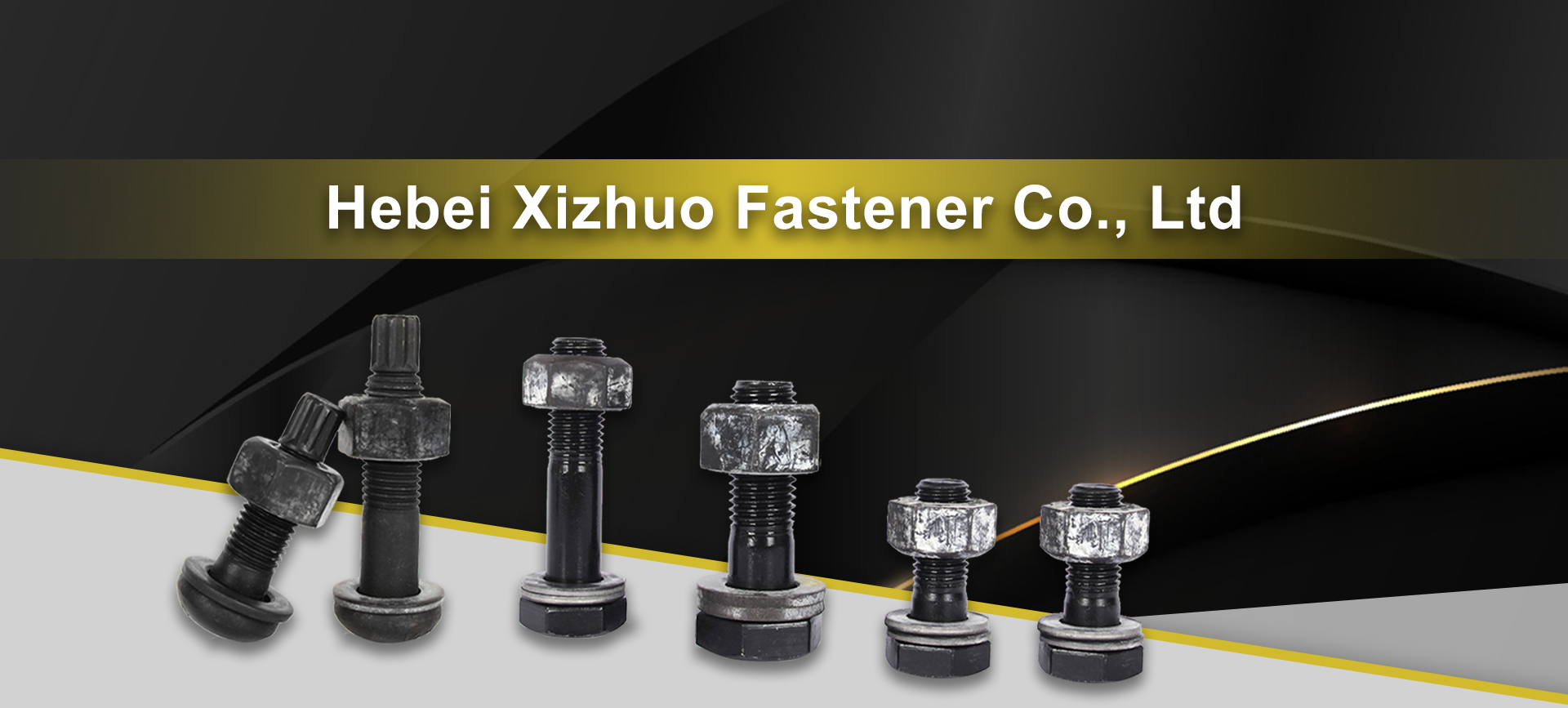chemical epoxy anchor bolts
Understanding Chemical Epoxy Anchor Bolts A Comprehensive Overview
In the realm of construction and civil engineering, the choice of anchoring systems is critical for ensuring the stability and safety of structures. Among various anchoring solutions available, chemical epoxy anchor bolts have gained significant popularity due to their superior performance, versatility, and reliability. This article delves into the intricacies of chemical epoxy anchor bolts, exploring their composition, benefits, applications, and installation process.
What Are Chemical Epoxy Anchor Bolts?
Chemical epoxy anchor bolts are fastening devices that employ a specially formulated epoxy resin to bond with the substrate, typically concrete or masonry. These anchor bolts consist of a metal rod or bolt that is encased within a two-part epoxy adhesive. The adhesive is typically mixed just before use, allowing it to cure and form a robust bond with the surrounding material.
Composition and Types
Chemical epoxy anchor systems generally consist of two components
1. Epoxy Resin The primary substance that provides chemical bonding properties. It is known for its excellent adhesion to various substrates, durability, and resistance to environmental factors such as moisture and temperature fluctuations. 2. Hardener The agent that catalyzes the curing process when mixed with the resin. This interaction results in an extremely strong and durable bond.
There are various types of chemical epoxy anchor bolts, which can be categorized based on their formulation and intended use. Some are designed for heavy-duty applications, while others cater to lighter loads. Moreover, there are specialized formulations available that can withstand extreme temperatures or resist specific chemicals, making them suitable for diverse industrial environments.
Benefits of Chemical Epoxy Anchor Bolts
1. High Load Capacity Chemical epoxy anchor bolts are renowned for their ability to support heavy loads. Their superior bonding strength enables them to effectively transmit loads to the substrate, making them ideal for structural applications.
2. Versatility These bolts can be used in various applications, including steel-to-concrete connections, securing machinery, and installing fixtures in challenging environments. Their adaptability makes them suitable for both indoor and outdoor use.
3. Corrosion Resistance The epoxy resin protects the metal components from corrosion, which is particularly beneficial in harsh environments where moisture and chemicals are prevalent.
chemical epoxy anchor bolts

4. Vibration Resistance Chemical epoxy anchor bolts offer enhanced resistance to vibration, which is crucial in applications involving machinery or heavy traffic. This property ensures that the anchor stays secure over time, minimizing the risk of loosening.
5. Ease of Installation The installation process of chemical epoxy anchor bolts is straightforward. With the proper tools and techniques, these anchors can be installed efficiently, reducing labor time and costs.
Installation Process
The installation of chemical epoxy anchor bolts involves several critical steps
1. Surface Preparation The substrate must be clean and free from dust, grease, or debris. Proper surface preparation enhances the bonding strength of the epoxy.
2. Drilling Holes are drilled into the substrate using the appropriate drill bit size, ensuring they are deep enough to accommodate the epoxy and the anchor.
3. Mixing the Epoxy The two components of the epoxy are mixed in the right proportions as per the manufacturer's instructions, often using a static mixer.
4. Filling the Holes The mixed epoxy is injected into the drilled holes, filling them adequately to ensure proper bonding when the anchor is inserted.
5. Inserting the Anchor The anchor bolt is then placed into the epoxy-filled hole, ensuring it is positioned correctly before the resin begins to cure.
6. Curing The adhesive requires a specific curing time to achieve its full strength, which can vary depending on environmental conditions and the type of epoxy used.
Conclusion
Chemical epoxy anchor bolts are a robust and versatile solution for various anchoring needs in the construction industry. Their exceptional load-bearing capacity, corrosion and vibration resistance, and ease of installation make them an attractive choice for engineers and contractors. As the demand for high-performance anchoring systems grows, chemical epoxy anchor bolts will undoubtedly continue to play a pivotal role in modern structural applications. Understanding their properties, advantages, and installation procedures is essential for anyone involved in construction, ensuring optimal performance and safety in structural projects.
-
Wedge Anchor Bolts: Secure Fastening SolutionsዜናAug.05,2025
-
Insulation Fixings: Secure and Durable SolutionsዜናAug.05,2025
-
Full Threaded Studs: Versatile Fastening SolutionsዜናAug.05,2025
-
Expanding Fasteners: Secure and Reliable SolutionsዜናAug.05,2025
-
Butterfly Toggle Anchors: Secure and Easy to UseዜናAug.05,2025
-
Bracing Solutions for Steel StructuresዜናAug.05,2025
